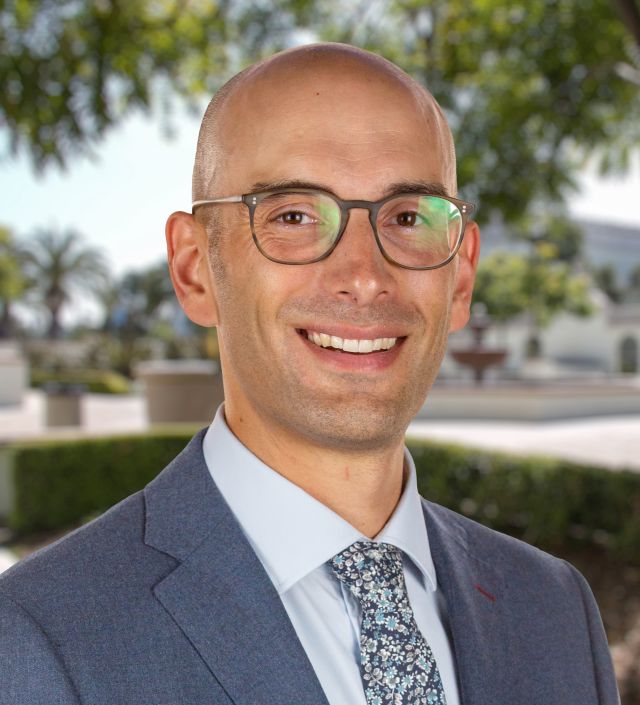Mark Chapman, Ph.D., Assistant Professor, University of San Diego, Skeletal Muscle Transcriptomic and Proteomic Alterations with Long-term Exercise Training in Humans

Speaker:
Mark Chapman, Ph.D.
Assistant Professor of Integrated Engineering
University of San Diego
Title: Skeletal Muscle Transcriptomic and Proteomic Alterations with Long-term Exercise Training in Humans
Abstract:
Exercise training has tremendous systemic tissue-specific health benefits, but the molecular adaptations to long-term exercise training are not completely understood. During this talk, Dr. Chapman will provide an overview of two different studies he has recently conducted aimed at improving our understanding of how the molecular adaptations in muscle are linked to the health benefits of lifelong exercise in humans. Specifically, he will present skeletal muscle transcriptomic and proteomic data generated from long-term endurance- (9 men, 9 women) and strength-trained (7 men) humans compared with age-matched untrained controls (7 men, 8 women). Additionally, he will present a comparison of these data with studies examining individuals with life-style related metabolic diseases to identify exercise's preventive medicine capabilities.
Bio:
Mark Chapman, PhD, is an assistant professor of integrated engineering at the University of San Diego. He joined the Shiley-Marcos School of Engineering in 2019 to define, develop and teach the biomedical engineering concentration area within the integrated engineering major. Dr. Chapman received his MS and PhD from the University of California, San Diego in bioengineering where his research focused on skeletal muscle biomechanics and disease. From 2015 - 2018, he was a postdoctoral scholar at the Karolinska Institute (KI) in Stockholm, Sweden where his research examined how human skeletal muscle gene expression is altered with life-long exercise. Dr. Chapman maintains an affiliated researcher position at KI where he continues to conduct research and supervise students. His current research interests lie in bioinformatics, exercise physiology and understanding skeletal muscle disease.